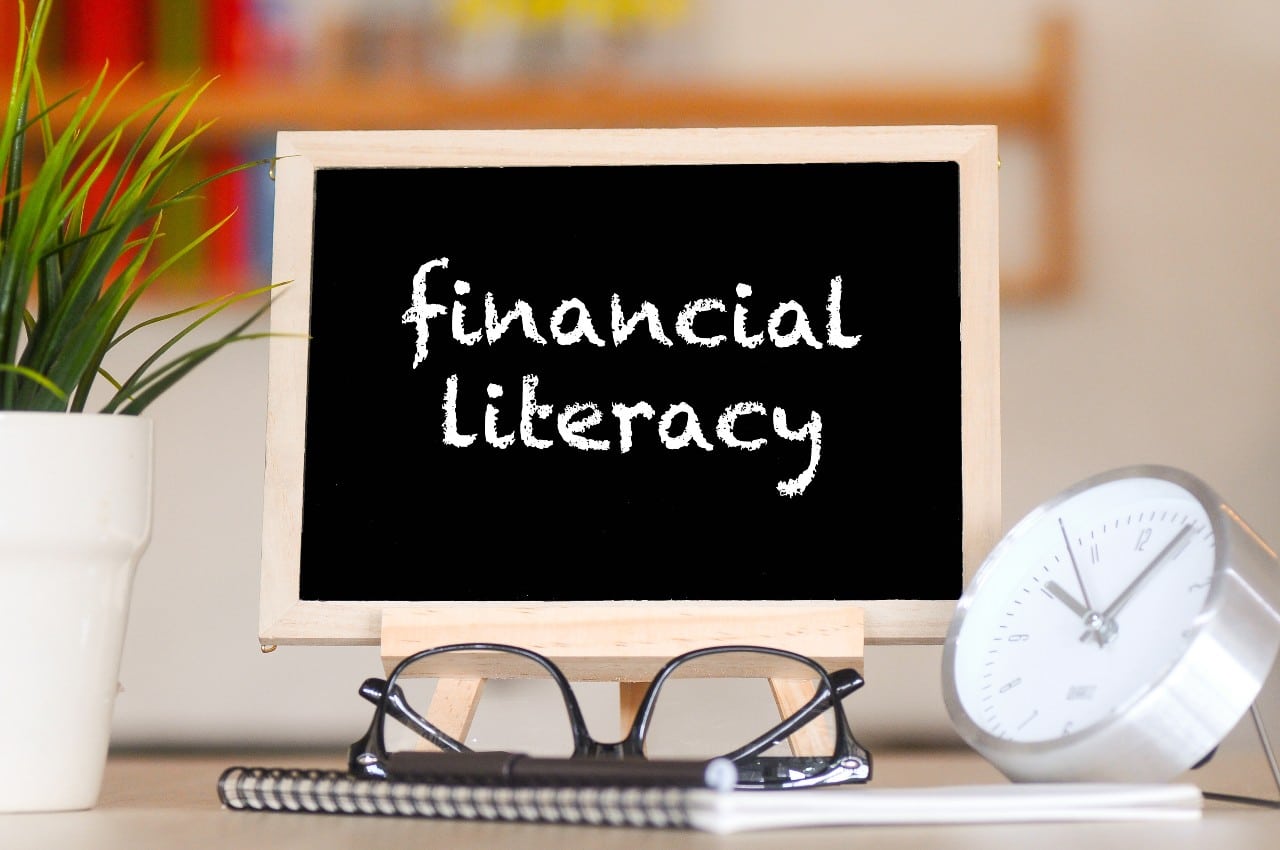Financial literacy has started to gain attention over the past few years. Thank goodness! Studies show people educated in financial management feel more confident about their finances, pay less in fees, and save more.
Unfortunately, more attention still needs to be paid to our children’s financial education. Our students are taking on too much student loan debt. The rise in defaults and delinquent payments paints a bleak picture of your children’s financial future.
Teaching your children financial management skills will not only benefit them. It can also foster a better relationship with them while helping you reach your goals.
Let’s explore some ways that teaching your kids financial management skills will benefit both you and them.
Builds stronger family relationships
The key to raising children who feel loved and connected is demonstrating our love and trust for them. One way to show we trust our kids is by talking honestly, even about things that make us nervous or uneasy. It could be politics or sex, and it most definitely needs to include money.
“Money impacts every aspect of our lives,” said Derek Sall, founder of LifeAndMyFinances. Stall says, “Talking about it causes us to think about it, to become intentional with our choices about it, and to learn and grow our understanding of it.”
Children are aware that money is a personal subject. Talking to our kids about money and involving them in our family’s financial planning, can be an empowering and bonding experience. For example, letting them borrow money to learn how to repay it, are great ways to show that we trust them.
Improves communication
We, as parents, are often advised to create open lines of communication with our children. The thing is, if our child believes some subjects are off-limits, we start to cut those lines of communication. The more our child feels heard and understood, the more they connect with us. That can only occur if we show them that they can talk to us about anything and that we are open and honest with them.
Creates a shared sense of responsibility and goals
How many times have you asked your child to turn off the lights? Consider asking yourself, what’s in it for them? Other than to avoid hearing you griping at them, probably very little. What difference does it make to a child if they leave the lights on, the fridge open, or the water running?
If we start to include our children in our financial goals, they will begin to appreciate the value of these little tasks. We are not asking them to turn off the lights. We are not even asking them to help us save on living expenses. Instead, we are including them in our plan to go on vacation this summer. Approaching things this way, there’s something in it for them. As a bonus, what you may get in return is a household working with a unified purpose.
Helps parents set and achieve financial goals
When you begin teaching your children how to handle money, you might realize that you start thinking more about how you use your money. In turn, what you want to achieve in life may become clearer.
It can be easy to fall into spending patterns that do not reflect our priorities.
As we become more intentional with what we say to our children, we will also become more intentional with what we do with our money. That can encourage us to take appropriate actions to set and reach our financial goals. It will also motivate us to stay on track.
Encourages you to be a better role model
“Our children can be our greatest teachers,” says Alyx Valdal, Certified Financial Planner at Iron and Pearl Financial. “Mine challenge me when I grab a fancy coffee after I’ve told them we are saving for a goal.”
Our children are wonderful accountability partners because we never want to disappoint them. As we start to open up about our finances with our children, we will have an even greater sense of responsibility to ensure we are:
- Teaching things accurately
- Moving in a positive direction
- Modelling good behaviour
Knowing that our kids are aware of our plans can help us stay on track to reach our financial goals.
How do we start?
Talking to our kids about money can be intimidating. Maya Corbic, Certified Public Accountant and founder of the DINARII Financial Education Academy offers a tool to help. She reminds us, “Kids love stories,” and suggests, “sharing our financial successes and failures and the lessons we’ve learned”.
Storybooks are another fantastic way to introduce money management concepts like compound interest. They can also be amazing conversation starters.
Local libraries may offer courses geared towards both parents and children. There are also books, webinars, and podcasts that can help you.
The most important thing is that you find resources that resonate with you and make an effort to use them.
Cement The Learning
Many of us know that one of the best ways to learn something is to teach it. Teaching personal finance to your kids will identify any gaps you may have. It will also help you to internalize what you have learned. Riley Adams, a CPA and CEO of Young and the Invested says that when we, “combine these benefits, we retain and internalize” the information.
Conclusion
Empower your children by having financial management conversations with them. These talks will equip them with crucial knowledge on managing debt, saving, and investing. It will also increase their confidence in managing their money.
Having these discussions will also bring immediate benefits to you. So don’t delay. Start talking to your children about financial management today. The value to both you and your children will be priceless.










